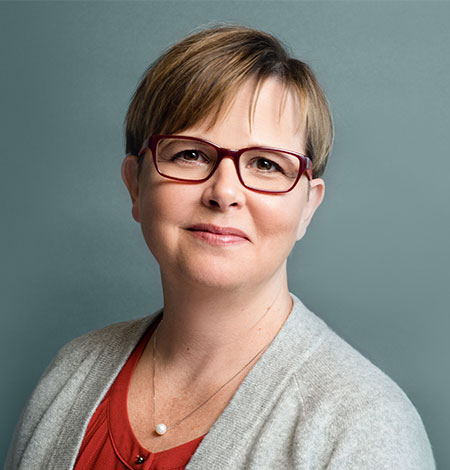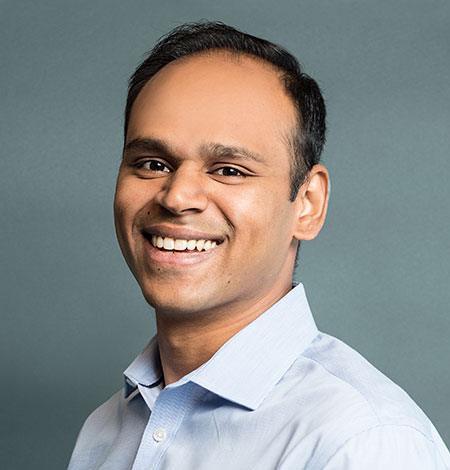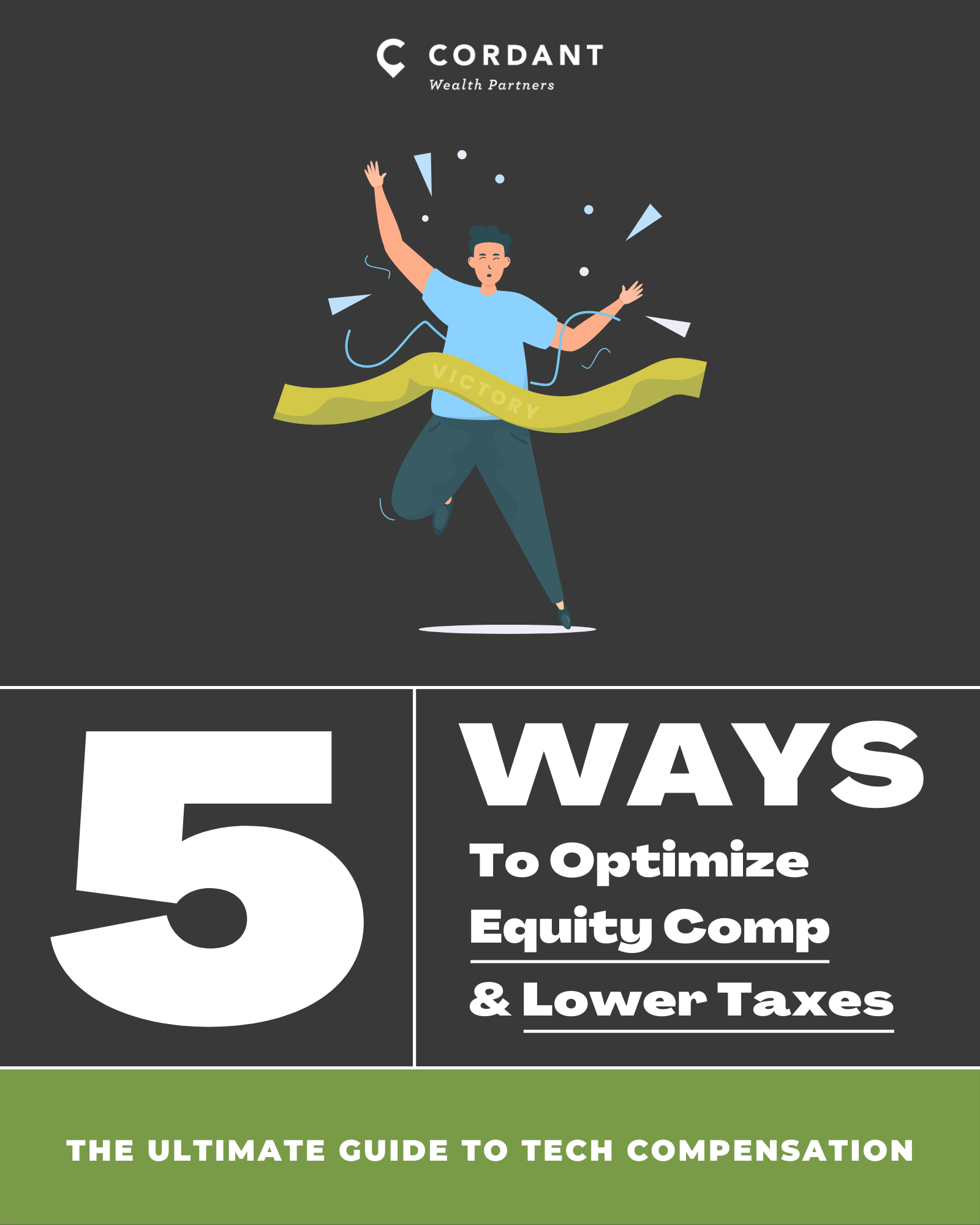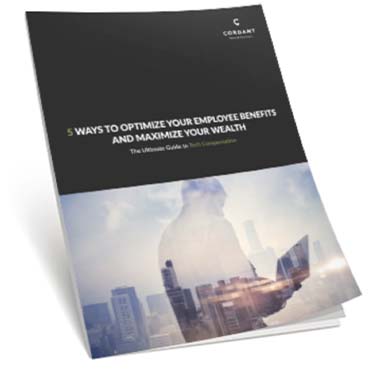One of our firm’s core values is continuous improvement—i.e., getting better every day. This post highlights the massive change that can result from a daily focus on improving and celebrates two members of the Cordant team living out this value and who have accomplished significant things this year.
———————————————————————————————————–
In 2010, David Brailsford was hired to do something never before done. In over a century of competition, no British cyclist had ever won the Tour de France.
His goal? Lead Team Sky (a British professional cycling team) to a Tour de France title in five years.
He didn’t. It only took him two.
Team Sky repeated the feat the following year for back-to-back titles and, after a loss in 2014, won four more straight—An incredible stretch of Tour de France dominance with six victories in seven years.
How did he do it?
A focus on getting better every day. A relentless pursuit of small improvements—things like clean floors (dust undermines bike maintenance), clean hands (to prevent illnesses), and proper rest (they brought their own mattresses and pillows to competitions). In an HBR interview, David sums up his approach as follows:
“Forget about perfection; focus on progression, and compound the improvements.”
Before David Brailsford used his approach to dominate cycling, Paul O’Neill used it to dominate an industry.
In 1987 when O’Neill took the reins as CEO of the aluminum manufacturing giant Alcoa, he spent his entire first speech to investors talking about worker safety. Even though Alcoa had a better safety record than other manufacturing firms, O’Neill placed the focus on getting better every day—with an intention to “go for zero injuries.”
Needless to say, this was not what analysts were expecting to hear from the new CEO. According to The Power of Habit author Charles Duhigg,
The investors in the room almost stampeded out the doors when the presentation ended. One jogged to the lobby, found a pay phone, and called his 20 largest clients.
“I said, ‘The board put a crazy hippie in charge and he’s going to kill the company,’” that investor told me. “I ordered them to sell their stock immediately, before everyone else in the room started calling their clients and telling them the same thing.”
However, instead of killing the company, “Within a year of O’Neill’s speech, Alcoa’s profits would hit a record high. By the time O’Neill retired in 2000 to become Treasury Secretary, the company’s annual net income was five times larger than before he arrived, and its market capitalization had risen by $27 billion.”
It turns out that focusing on getting safer every day had an impact on the rest of the business as well. “Workers started calling, but they didn’t want to talk about accidents,” O’Neill told [Duhigg]. “They wanted to talk about all these other great ideas.”
More recently, Zappos used this concept to build a multi-billion-dollar company. In early 2009, writing a blog to all employees, CEO Tony Hsieh addresses the challenging economic environment with an appeal to keep the focus on getting better every day. [Emphasis is mine]
One thing I encourage you to do is to refer back to our Core Values document and specifically the challenge in there: make at least one improvement every week that makes Zappos better. Ideally, we would do this every single day. It sounds daunting, but remember improvements don’t have to be dramatic. Think about what it means to improve just 1% per day and build upon that every single day. Doing so has a dramatic effect and will make us 37x better, not 365% (3.65x) better at the end of the year. Wake up every day and ask yourself not only what is the 1% improvement I can change to make Zappos better, but also what is the 1% improvement I can change to make myself better personally and professionally – because we, Zappos, can’t grow unless we as individual people grow too.
This last quote from Tony Hsieh rings especially true for me. As a professional services firm, we are only as good and only as successful and the individuals who make up the company. As mentioned, one of our core values is getting better every day—to stay curious as there’s always more to learn.
As such, I wanted to highlight some big news at Cordant and two recent examples of the individuals at Cordant living out this value. While the end result is a significant accomplishment for both, it took continuous work and a series of small steps over days and months to get there. As the legendary basketball coach John Wooden said, “When you improve a little each day, eventually big things occur.”

Brenda McCombs
Our Chief Compliance Officer, Brenda McCombs, has over a decade of experience in compliance. Formally as the Senior Complex Risk Officer for Morgan Stanley and as our CCO at Cordant since 2010. But despite her deep experience, she embraces the mantra of continuous improvement in order to better care for our clients and the company.
In March of this year, she passed the certifying exam and earned the IACCP® designation. The Investment Adviser Certified Compliance Professional® designation has been earned by fewer than 1,000 compliance professionals nationwide. To achieve this designation, applicants must undergo a rigorous 18-month curriculum of 20 demanding courses covering compliance, ethics and industry practices.

Garrick Rozairo
And just this month Garrick Rozairo earned his Certified Financial Planner® certification. To earn this designation, candidates must pass a comprehensive examination, complete professional eligibility requirements, and abide by the CFP Board’s Code of Ethics and Professional Responsibility and Rules of Conduct which put clients’ interests first.
According to a nationwide consumer survey among upper-income households conducted by the CFP Board, there is a “growing demand for financial planners who adhere to rigorous standards.” Of those surveyed:
- 85% considered successful completion of a certification examination “very important” or “extremely important.”
- 95% felt financial planners should adhere to professional practice standards.
- 97% said the most important standard for financial planners was adherence to a professional code of ethics.
It’s no wonder the CFP® certification is known as the standard of excellence in financial planning. And it’s no surprise that Garrick, which, from day one at Cordant, has brought excellence to his work, is one of the CFP’s newest members.
Congratulations Brenda and Garrick. Thanks for making Cordant better every day!
Per the CFP Board
Click here for disclosures regarding information contained in blog postings.


